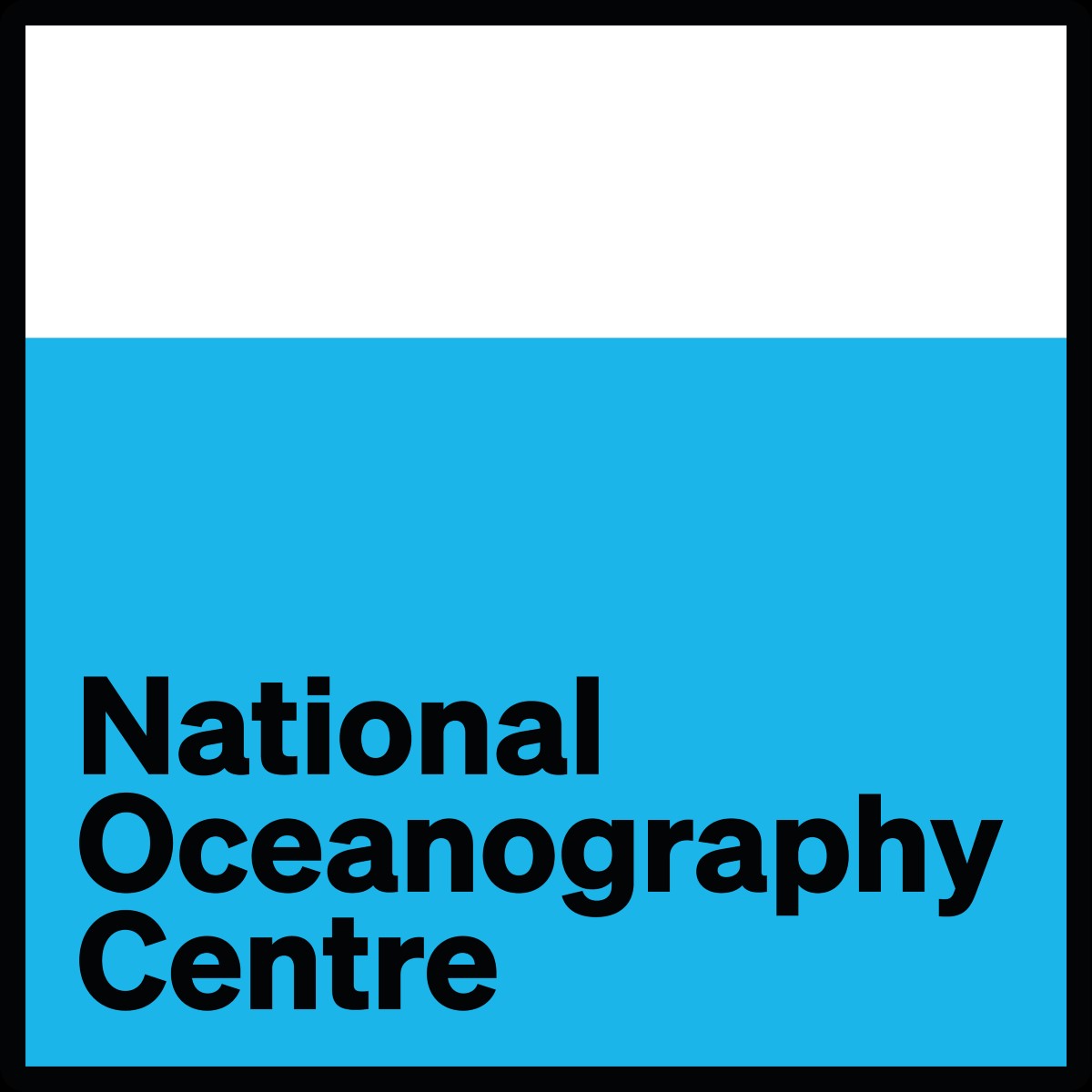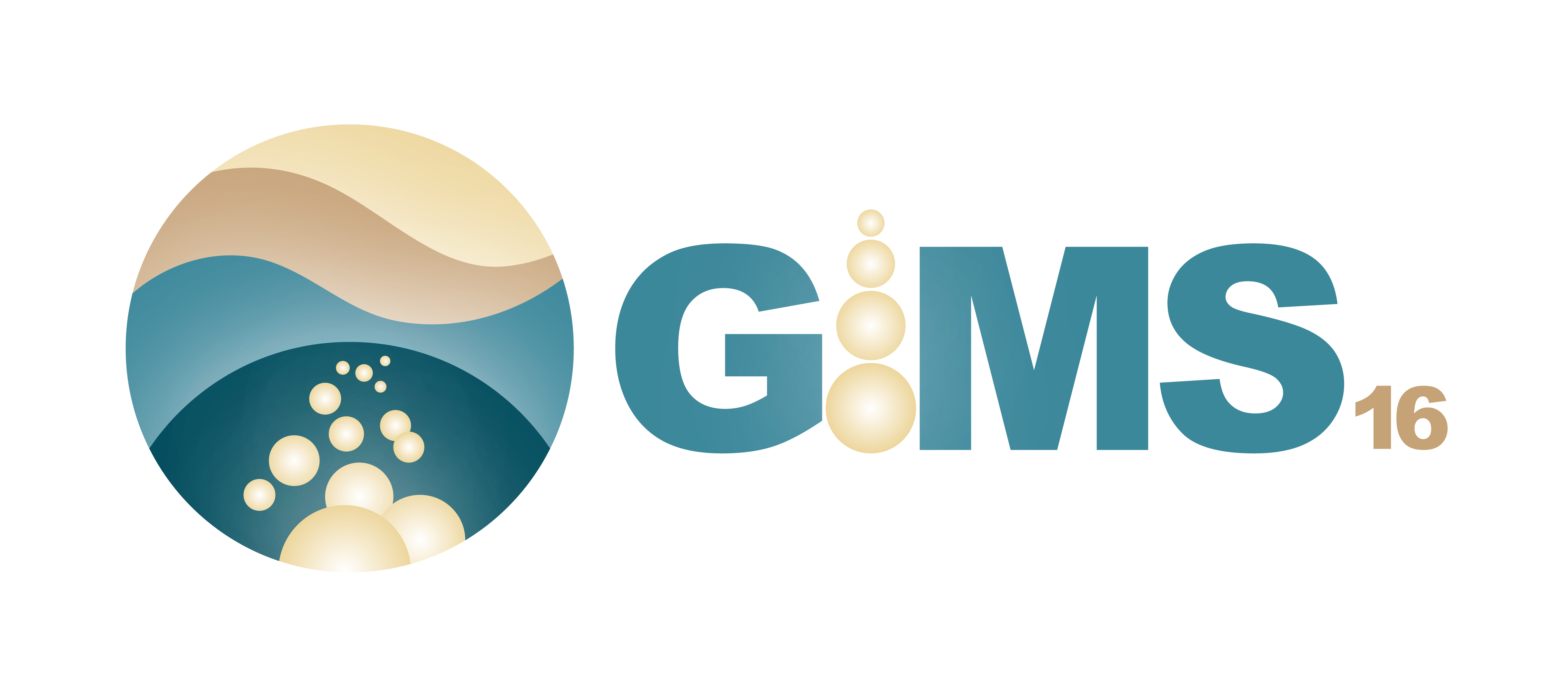
The Gas in Marine Sediments (GIMS) conference
National Oceanography Centre, Southampton UK
20th to the 24th of October 2025

The Gas in Marine Sediments (GIMS) conference series brings together earth and ocean scientists and engineers to share and discuss advances in scientific and applied topics around detection, behaviour and fate of methane and other gases in marine sediments. GIMS is based on the principles of colligability, openness and friendship in science and technology as the pathway towards a greater and better understanding of research gaps in the broad field of gas in marine sediments and defining the future direction of this research area. Since 1990, geologists, biologists, microbiologists, geophysicists, biogeochemists, geotechnical engineers, modelers and technology developers from all over the world gathered every two years at key research hubs in this topic.
The successful series of GIMS conferences continues in Southampton, UK, where the GIMS16 will take place at the National Oceanography Centre, Southampton from the 20th to the 25th of October 2025. GIMS16 will be designed to follow previous conferences’ philosophy with a blend of scientific topics (e.g. mud volcano formation and distribution, gas hydrates, chemosynthetic organisms in gas seeps) and applied and engineering topics (e.g. gas detection techniques in sediments and water column, shallow gas effects on offshore foundation stability). In GIMS16 we also want to provide a strong contribution to topics related to net zero, green energy transition and climate change mitigation techniques, and hence there will be an additional component related to offshore geological storage of carbon dioxide and hydrogen in marine sediments.
Keynote Speakers
- Prof Jon Bull, University of Southampton, Southampton, UK.
- Dr Adriano Mazzini, University of Oslo and Institute for Energy and Technology, Oslo, Norway
- Dr Shubhangi Gupta, GEOMAR Helmholtz Centre for Ocean Research, Kiel, Germany
- Dr Katrin Linse British Antarctic Survey (BAS)
Abstract Book
AbstractBook_v5.pdf
Above is the abstract book for the planned agenda. Please contact Alic@NOC.Ac.Uk & h.marin-moreno@soton.ac.uk for any queries to be passed on to the relevant authors.
Agenda
Scientific-Programme_updated_2025_10_16.pdf
Please see the most up to date programme for GIMS16 2025 above.
Geological, Scenic & Cultural Field Trip
The hosting committee are pleased to announce a Geological, Scenic, and Cultural fieldtrip in the Isle of Wight. The field trip will be headed up by Prof John Marshall, University of Southampton. The group will be foot passenger over to Cowes on the Isle of Wight and pick up a coach for the drive to Sandown with one of best UK beaches walk along early Cretaceous (Wealden) terrestrial sediments with fluvial sandstones - if conditions permit possibly a view of dinosaur prints - and chalk via Greensand. Then, a route up the cliff to Culver down where we will join the coach again for a short trip to the Birdham Hotel in Bembridge for lunch returning to Whitecliff Bay thick vertical Eocene Sandstones, shallow marine and lagoonal with tiger stripe facies with lagoon overwash and giant forams. The return journey will be via the breathtaking military road providing a chance to see the impressive Tennyson Down and Compton Bay before heading back to Cowes and the ferry ride back to Southampton.

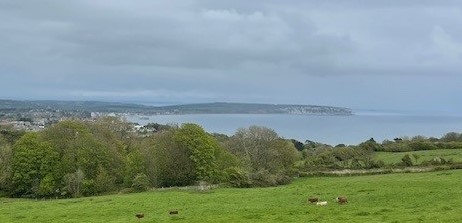
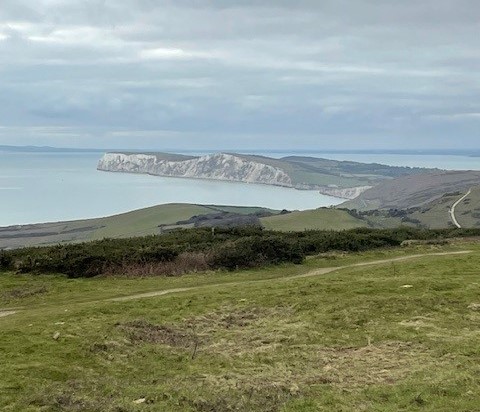
Abstract Submission
Abstract submission is now closed as of the 14 September 2025.
Topics
For GIMS 16 we encourage diverse contributions with scientific value related to gas in marine sediments. For organisational purposes, five broad science themes are proposed; it is expected that most contributions will fall within these themes. After abstract closure and acceptance, the scientific committee will reassess the science themes and build and exciting conference program based on the accepted submissions.
Gas seeps & vents
Expected contributions can include fundamental physical and biogeochemical processes regulating the dynamics of e.g. cold seeps, hydrothermal vents and methane hydrate sites. We invite case studies evidencing such phenomena and studying e.g. their detection and distribution and the characterisation and quantification of the associated gas fluxes, including new methods and technological advances in this field.
Sediment diagenesis and marine ecosystems
Expected contributions will address gas-related physical and biogeochemical processes in deep and shallow sediments, and their impacts on marine ecosystems, nutrient cycling, and chemical exchanges between the seabed and the ocean. We welcome contributions related to global carbon cycles and the potential vulnerability of these sites to climate change and the impact of extreme events on the biogeochemical processes of gas in marine sediments.
Gas emissions and climate
Expected contributions will provide insights into the role of marine gas emissions to the past, present and future marine and global methane budget. Contributions addressing the role of the ocean as a marine methane sink and associated ocean biochemical and physical changes are encouraged. Case studies addressing emissions in polar areas and from marine permafrost are also encouraged.
Gas-related geohazards
Expected contributions will explore threats of gas and gas hydrates in marine sediments, focusing on their potential to trigger underwater landslides, tsunamis, and abrupt greenhouse gas emissions. Potential contributions can include recent advances in monitoring technologies and mitigation strategies.
Human influence and applications of gas in marine sediments
Expected contributions will address topics such as storage of CO2 in geological formations, hydrogen storage and production, advances in quantification and attribution monitoring of gas leakage from pipes, characterization of gassy sediments for offshore infrastructure development, and stability analysis of offshore infrastructure in gassy sediments.
Click here to view / download the Topics for 2025
Scientific Committee members
- Gerald Dickens, Trinity College, Dublin, Ireland.
- Anna Lichtschlag, National Oceanography Centre NOC, Southampton, UK.
- Ann Cook, Ohio State University, Columbus, USA.
- Assaf Klar, The Technion, Haifa, Israel.
- Ewa Burwicz-Galerne, MARUM – Center for Marine Environmental Sciences, University of Bremen, Germany.
- Firoz Badesab, CSIR-National Institute of Oceanography, Dona Paula, Goa, India.
- Giuliana Panieri, Centre for Artic Gas Hydrate, Environment and Climate (CAGE), UiT - The Arctic University of Norway, Tromso, Norway.
- Héctor Marín Moreno, University of Southampton, Southampton, UK.
- Luis Somoza, GEOMAR Research Group, Geological Survey of Spain, IGME-CSIC, Spain.
- Regina Katsman, University of Haifa, Israel
Hosting Committee Members
- Anna Lichtschlag, National Oceanography Centre NOC, Southampton, UK.
- Héctor Marín Moreno, University of Southampton, Southampton, UK.
- Ian Folger National Oceanography Centre NOC, Southampton, UK.
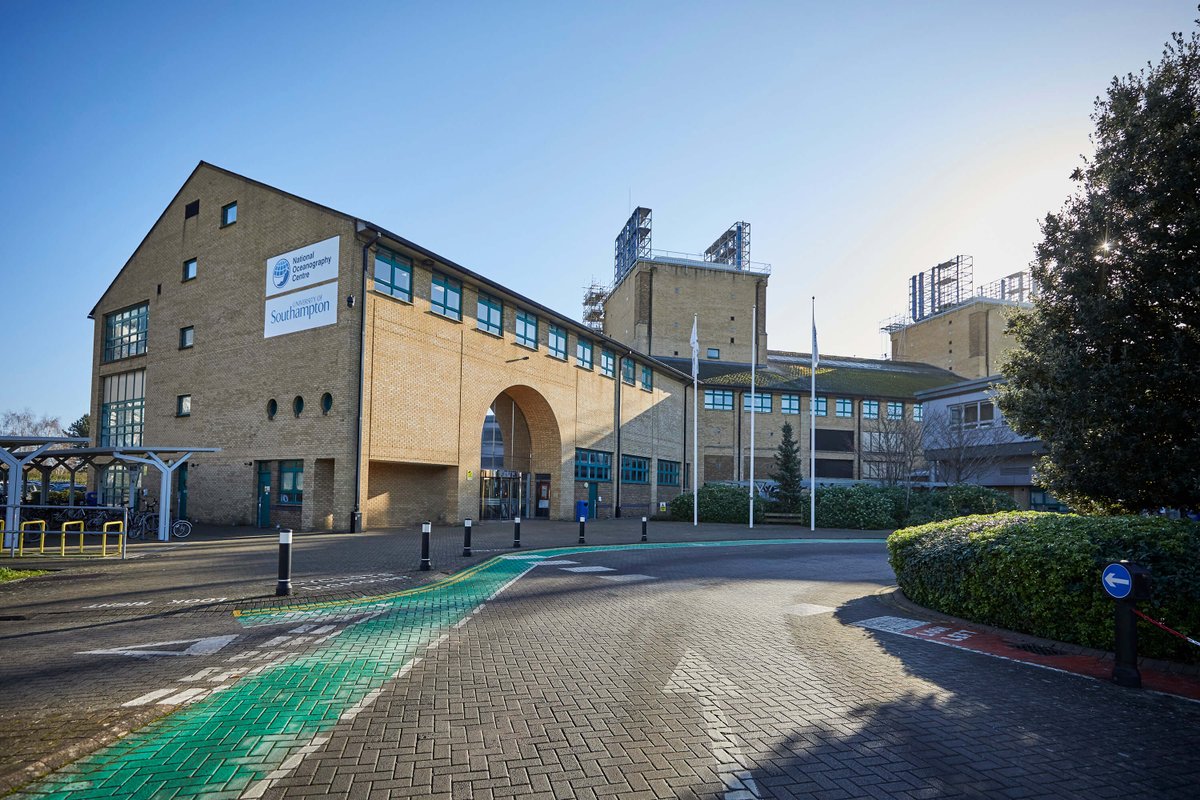

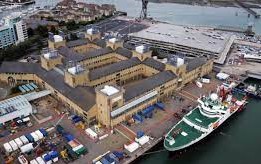
Information of past conferences
• Edinburgh, UK (1990) - Davis A.M. (ed) (1992) Methane in marine sediments. Continental Shelf Research 12(10):1075–1264.
• Hirtshals, Denmark (1992) - Jørgensen N.O. (ed) (1994) Gas in marine sediments, 2nd Conference. Bull. Geol. Soc. Denmark 41(1):3–109.
• Texel, the Netherlands (1994) - van Weering T.C.E., Klaver G.T., Prins R.A. (eds) (1997) Gas in marine sediments. Geology/geochemistry/microbiology. Marine Geology 137(1/2):1–189.
• Varna, Bulgaria (1996).
• Bologna, Italy (1998) - Judd A.G., Curzi P.V. (eds) (2002) Gas in marine sediments. Continental Shelf Research. 22(16):2265–2442.
• St Petersburg, Russia (2000) - Gramberg I.S., Kontorovich A.E. (eds) (2002) Proceedings of the vi internaional conference on "Gas in marine sediments". Geologiyai Geofizika (Russian Geology and Geophysics) 43(7):581–711.
• Baku, Azerbaijan (2002) - Woodside J.M., Garrison R.E., Moore J.C., Kvenvolden K.A. (eds) (2003) Proceedings of 7th International Conference on Gas in Marine Sediments, 7–12 October 2002, Baku, Azerbaijan. Geo-Marine Letters 23(3/4):137–358.
• Vigo, Spain (2005) - García-Gil S., Judd A. (eds) (2007) Contributions from the 8th International Conference on Gas in Marine Sediments, Shallow Gas Group, 5–10 September 2005, Vigo, Spain. Geo-Marine Letters 27(2/4):71–302.
• Bremen, Germany (2008) - Bohrmann G., Jørgensen B.B. (eds) (2010) Contributions from the 9th International Conference on Gas in Marine Sediments, University of Bremen, 15–19 September 2008. Geo-Marine Letters. 30(3/4): 151-476.
• Listvyanka, Russia (2010) - De Batist M., Khlystov O. (eds) (2012) Contributions from the 10th International Conference on Gas in Marine Sediments, Listvyanka (Russia), 6–11 September 2010. Geo-Marine Letters. 32 (5/6): 373-562.
• Nice, France (2012) - Pierre C., Imbert P., Mascle J. (eds) (2014) Contributions from the 11th International Conference on Gas in Marine Sediments, Nice, France, September 2012. Geo-Marine Letters. 34 (2/3): 85-295.
• Taipei, Taiwan (2014).
• Tromso, Norway (2016).
• Haifa, Israel (2018) - Katsman R, Dickens G. (eds) (2020) Gas in Marine Sediments (GIMS): past, current, and future (contributions from GIMS-14). Geo-Marine Letters. 40: 403-406.
• Cádiz, Spain (2023) – Santofimia E., Fernández Puga M. C., Burwicz-Galerne E., Argentino C. and Pape T. (eds) (2025) Gas in Marine Sediments (contributions from GIMS-15). Geo-Marine Letters
